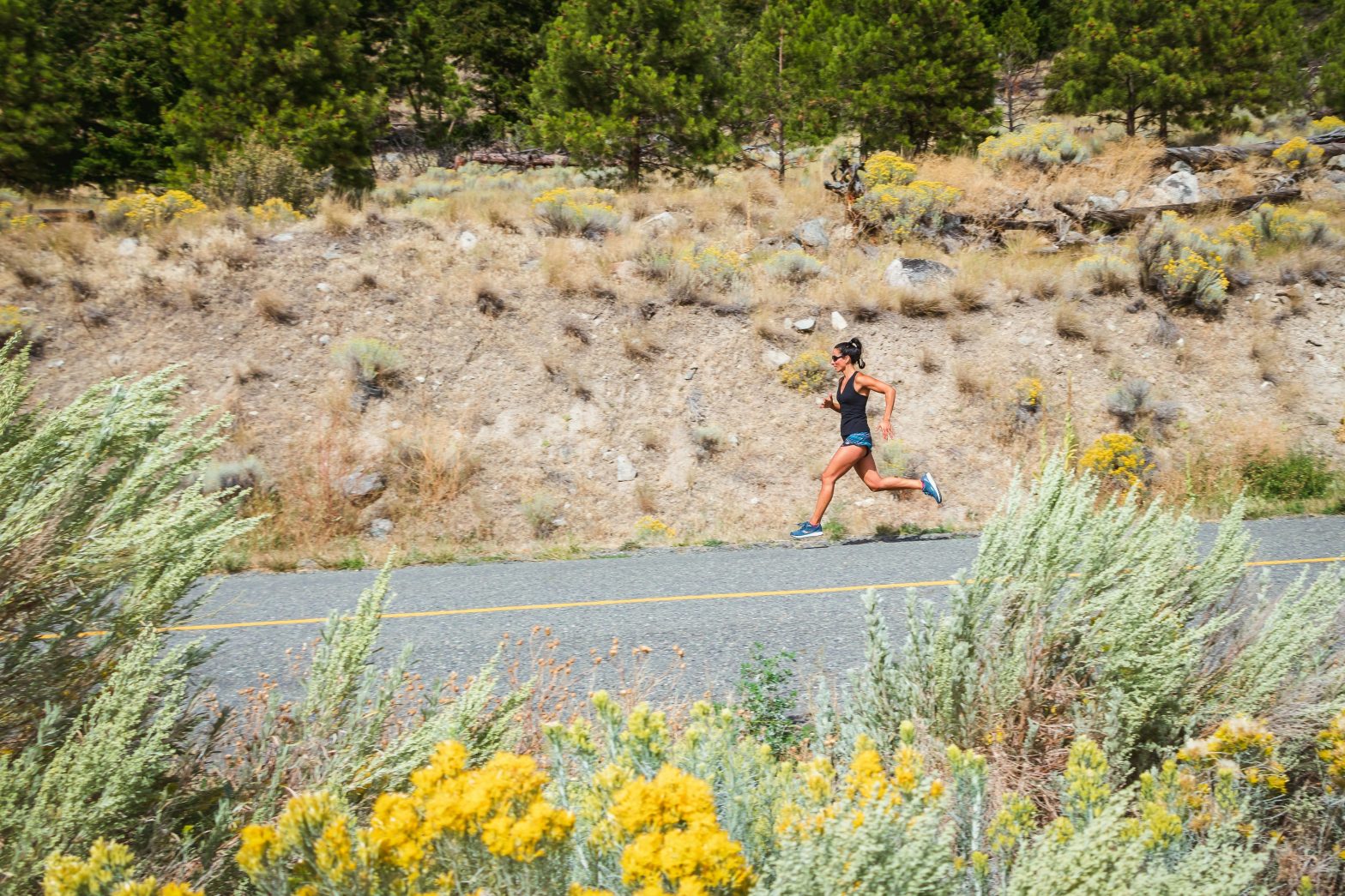We all know the pre-race jitters. The anticipation, the excitement, and sometimes, the urgent need to visit the restroom. But what if that pre-race poop could actually make you faster? It sounds crazy, but new research suggests a fascinating link between gut activity and cognitive performance, potentially impacting your race strategy. In this article, we’ll break down the latest findings and explore how your pre-race bathroom habits might be more important than you think.
From the silent epidemic of male eating disorders in running to how your wearable can help your training, we are diving into different topics that every runner should know.
</n
Can a Pre-Race Poop Make You Faster? The Science Behind It
Before a big race or workout, nervousness can lead to multiple trips to the port-a-potty, potentially disrupting pre-race routines. A new study on elite triathletes reveals that defecation improved cognitive performance on the Stroop test, a measure of executive function. Even more intriguing, magnesium oxide supplementation amplified this cognitive boost.
Researchers studied 13 elite triathletes, assessing their Stroop test performance under three conditions:
- No defecation
- Defecation without magnesium
- Defecation induced by magnesium oxide
The results? Pooping enhanced cognitive performance, with all athletes performing better on the Stroop test afterward. Magnesium further amplified this effect, with 100% of participants improving their test performance with magnesium, compared to 69% without. Researchers propose a potential ‘rectum-brain connection,’ a direct link between gut activity and cognitive function.
How Runners Can Use This Advice
The findings suggest that even minor gut irregularities could impact cognitive sharpness, crucial for pacing and decision-making. So, pre-race bathroom habits might be more important than previously thought. If defecation enhances cognitive function, a pre-race bathroom visit could optimize reaction time and focus.
While magnesium supplements aren’t necessarily recommended before every race, runners should be aware that too much magnesium could upset the stomach. Instead, focus on developing a pre-race ‘gut routine’ as part of your performance strategy.
Male Athletes Are (Silently) Underfueling — and it’s Killing Their Performance
Eating disorders are common among endurance athletes. New research highlights that male athletes are also at risk of Relative Energy Deficiency in Sport (RED-S), which impairs health and performance due to chronic under-fueling. Many male athletes and coaches don’t recognize the warning signs.
Researchers analyzed male athletes aged 15–30, dividing them into groups based on low energy availability. Athletes with low energy availability were nearly 3 times more likely to have cardiovascular dysfunction and 3.2 times more likely to have psychological illness. Under-fueling also decreased training responses, endurance performance, and muscle strength.
These findings suggest RED-S manifests differently in men, potentially leading to subtle but serious health consequences.
What Your Fitness Tracker Can (and Can’t) Tell You about Your Training Response
Wearables have taken over endurance sports. A recent study tracked 24 recreational runners through a structured overload training block, monitoring their endurance performance, sleep, and recovery. Researchers assessed whether objective sleep and recovery metrics could predict improvements in a 3000-meter time trial.
The study was divided into baseline, overload, and recovery phases. Runners wore devices to track sleep quality, heart rate, heart rate variability (HRV), and breathing rate. Subjective recovery was assessed daily.
Training overload increased muscle soreness and strain. One metric predicted training adaptation: a combination of heart rate, HRV, and breathing rate, referred to as the ‘nightly recharge’ score. Runners with lower scores improved less. This study suggests HRV, breathing rate, and resting heart rate might be better indicators of recovery than total sleep time.
Running Low on Carbs? Caffeine Can Save Your Performance
Carbohydrate-restricted training is popular, but it often compromises performance. A new study tested whether caffeine supplementation could counteract the performance drop. Researchers recruited 17 trained female cyclists, mountain bikers, and triathletes to test fueling strategies.
Each athlete underwent three conditions:
- Fed: Carbohydrates before and after the workout.
- Fasted: No carbs after the workout.
- Fasted + caffeine: No carbs after the workout, with 300 mg of caffeine before the morning session.
The Fasted + caffeine group burned more fat and outperformed the Fasted group by 7% in a time trial. Caffeine appeared to mimic carbohydrate fueling by elevating blood glucose and increasing fat oxidation. Caffeine might help maintain intensity without bonking during fasted training.
Do Bigger Runners Need More Carbs?
A recent discussion challenges the one-size-fits-all approach to carbohydrate intake during exercise, suggesting body weight might play a significant role. Historically, carbohydrate recommendations have been standardized, advising athletes to consume a set amount per hour.
A study found that heavier athletes might benefit from higher carbohydrate intakes. Athletes weighing over 70 kilograms burned more glucose per hour during exercise. Consider adjusting carbohydrate consumption based on body weight.
Muscle Damage Affects Your Running Gait for Days after a Workout
If your stride feels off after a hard workout, you’re not imagining it. Soreness can indicate adaptation but can also cause changes in form, increasing injury risk. Researchers investigated how exercise-induced muscle damage (EIMD) impacts running biomechanics.
Runners experienced lower impact forces and shorter steps for up to 48 hours post-downhill run, suggesting a protective strategy. Expect subtle biomechanical changes after a tough workout.
Conclusion
Running is a complex sport that requires attention to many details, from gut health to fueling strategies. A pre-race poop can optimize cognitive function, and caffeine can save your performance. Always remember to give yourself time to recover.
Ultimately, the ideal approach is to listen to your body. Run Long, Run Healthy.
